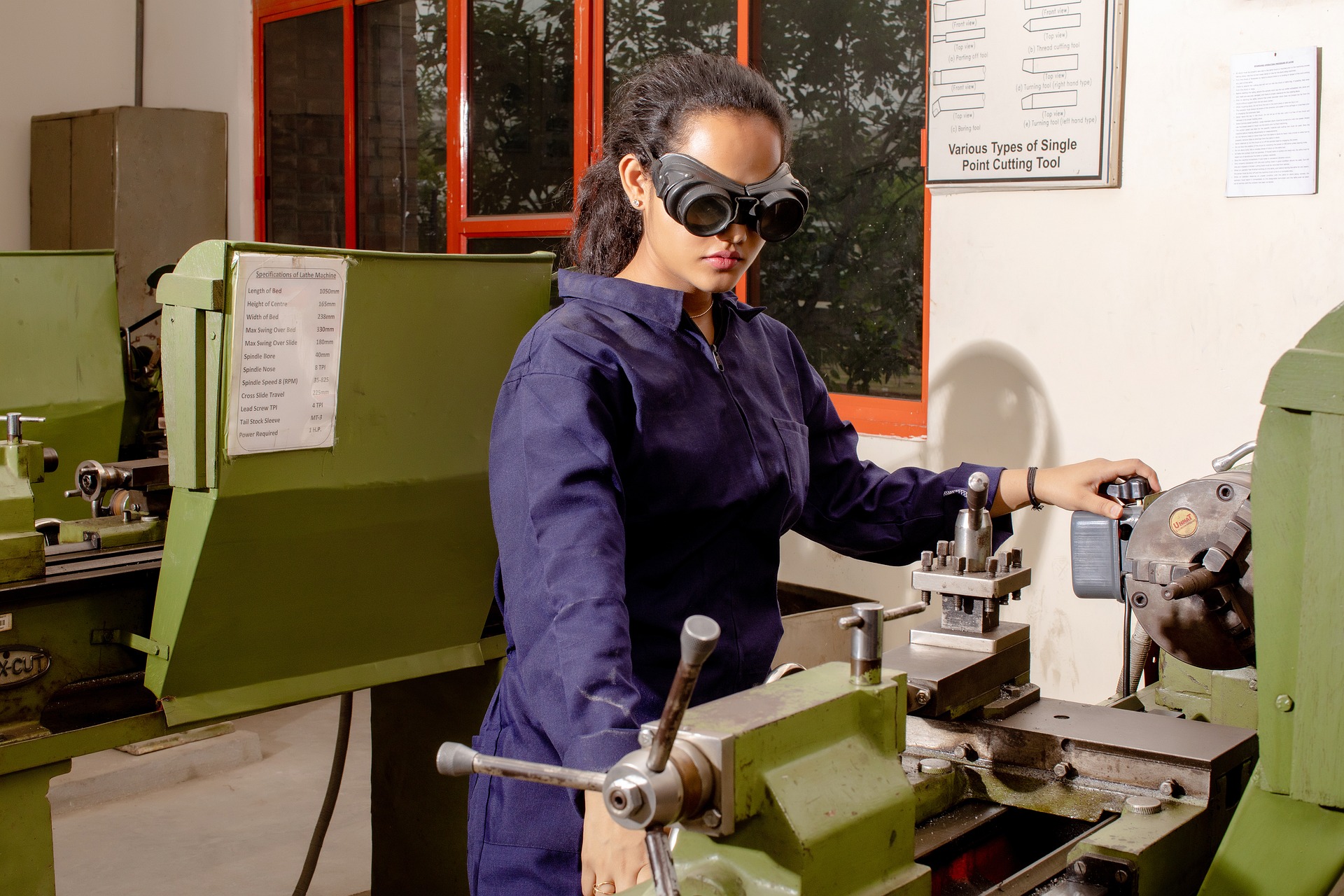Mechanical Engineering Training: Preparing for a Career in Innovation and Design
Mechanical engineering is a versatile and dynamic field that plays a crucial role in shaping our modern world. From designing cutting-edge machinery to developing sustainable energy solutions, mechanical engineers are at the forefront of technological advancement. For those aspiring to enter this exciting profession, quality training is essential. This article explores the various aspects of mechanical engineering training, focusing on education, practical skills, and career opportunities, with a particular emphasis on programs available in London.

Why choose London for mechanical engineering studies?
London is a global hub for engineering excellence, offering world-class education and unparalleled opportunities for aspiring mechanical engineers. The city boasts several prestigious universities with top-ranked mechanical engineering programs. These institutions provide state-of-the-art facilities, cutting-edge research opportunities, and strong industry connections. Studying in London also exposes students to a diverse, multicultural environment, preparing them for the global nature of the engineering industry. Additionally, the city’s proximity to major engineering firms and research centers offers excellent networking and internship prospects.
What are the key components of a mechanical engineering degree?
A typical mechanical engineering degree program consists of several core components. The curriculum usually begins with foundational courses in mathematics, physics, and chemistry. As students progress, they encounter specialized engineering subjects such as statics, dynamics, strength of materials, and heat transfer. Advanced courses may include control systems, manufacturing processes, and finite element analysis. Most programs also incorporate design projects, where students apply their knowledge to real-world problems. Laboratory work is an integral part of the training, allowing students to experiment with various materials and equipment. Many universities in London also offer opportunities for industrial placements or year-long internships, providing valuable work experience.
How important is practical experience in mechanical engineering training?
Practical experience is paramount in mechanical engineering training. While theoretical knowledge forms the foundation, hands-on experience is what truly prepares students for their future careers. Many universities in London recognize this and incorporate various practical elements into their curricula. These may include laboratory sessions, design projects, and industry-sponsored challenges. Some institutions offer access to advanced manufacturing facilities, allowing students to work with cutting-edge technologies like 3D printing and CNC machining. Internships and cooperative education programs are also crucial, providing students with real-world experience and often leading to job offers upon graduation.
What career opportunities are available after mechanical engineering training?
Mechanical engineering graduates from London universities enjoy a wide range of career opportunities. The versatility of the degree allows them to work in various industries, including automotive, aerospace, energy, robotics, and manufacturing. Graduates may find roles as design engineers, project managers, research and development specialists, or consultants. Some may choose to specialize in fields like biomechanics or nanotechnology. The strong analytical and problem-solving skills developed during their training also make mechanical engineers valuable in non-traditional roles, such as finance or management consulting. Additionally, many graduates pursue further education, leading to careers in academia or advanced research positions.
How does London’s mechanical engineering training compare to other cities?
London’s mechanical engineering training stands out for its quality, diversity, and global perspective. The city’s universities consistently rank among the best in the world for engineering education. They offer a unique blend of traditional engineering principles and cutting-edge technologies, preparing students for the evolving demands of the industry. London’s multicultural environment provides exposure to diverse perspectives and global engineering challenges. The city’s strong ties to industry leaders ensure that curricula remain relevant and aligned with market needs. While other cities may offer excellent programs, London’s combination of academic rigor, practical experience, and international exposure makes it a top choice for aspiring mechanical engineers.
| University | Program Features | Notable Specializations |
|---|---|---|
| Imperial College London | World-renowned faculty, cutting-edge research facilities | Robotics, Aerospace, Sustainable Energy |
| University College London (UCL) | Strong industry partnerships, diverse specialization options | Biomechanics, Nanotechnology, Advanced Manufacturing |
| King’s College London | Interdisciplinary approach, focus on innovation | Mechatronics, Materials Science, Biomedical Engineering |
| Queen Mary University of London | Emphasis on practical skills, industry-sponsored projects | Automotive Engineering, Renewable Energy Systems |
| Brunel University London | Integrated work placements, state-of-the-art laboratories | Design Engineering, Aerospace, Automotive Design |
Prices, rates, or cost estimates mentioned in this article are based on the latest available information but may change over time. Independent research is advised before making financial decisions.
In conclusion, mechanical engineering training in London offers a comprehensive and globally recognized pathway to a rewarding career. With its world-class universities, diverse specializations, and emphasis on practical experience, London provides an ideal environment for aspiring mechanical engineers to develop their skills and knowledge. As the field continues to evolve, the solid foundation and innovative approach offered by London’s institutions ensure that graduates are well-prepared to tackle the engineering challenges of the future.






